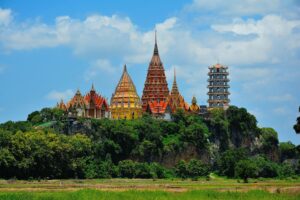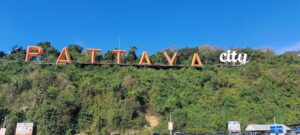Electricity:
Thailand uses 220V but the sockets are not standard.
You will need an adapter to charge your phone, computers, etc. in certain regions of Thailand. some have the same European model, others the Asian model,… So be prepared, you can also check this in advance when booking your accommodation for example.
Health:
No compulsory vaccinations. Updated information on the Cdc’s website.
As with all travel, it is important to be immunized against diphtheria, tetanus, whooping cough and poliomyelitis, hepatitis A (food risk), hepatitis B (sexual and blood risk), measles (for children).
Medical infrastructure is satisfactory at most Thai tourist sites. In the event of a serious problem, which is difficult to resolve through your assistance organization, you can contact the services of your embassy.
Language:
English is spoken in most hotels, restaurants, shops and tourist towns. More difficult in administrations and banks. However, learning some basics of the Thai language will bring you closer to the local people and culture.
Hello (man): Sawasdee khrap (woman) Sawadee ka
Not spicy: Mai pet
Money:
The monetary unit is the baht, 1 € = approximately 38 baht. Exchange, both in cash and in traveler’s checks, is carried out in banks, exchange offices and hotels. Compare rates, which vary from one place to another.
Visa and Mastercard are very widely accepted in Thailand and most others major credit cards are too. Restaurants and other shops do not accept always payments by credit card. It is recommended to check at checkout before proceeding with the purchases. Withdraw at ATM can be expensive, so take out a large amount in one shot or go inside the bank to change your money in local.
Nowadays, payment can be made by Qrcode, recommended to check also other options with Wise and Revolut Card.






